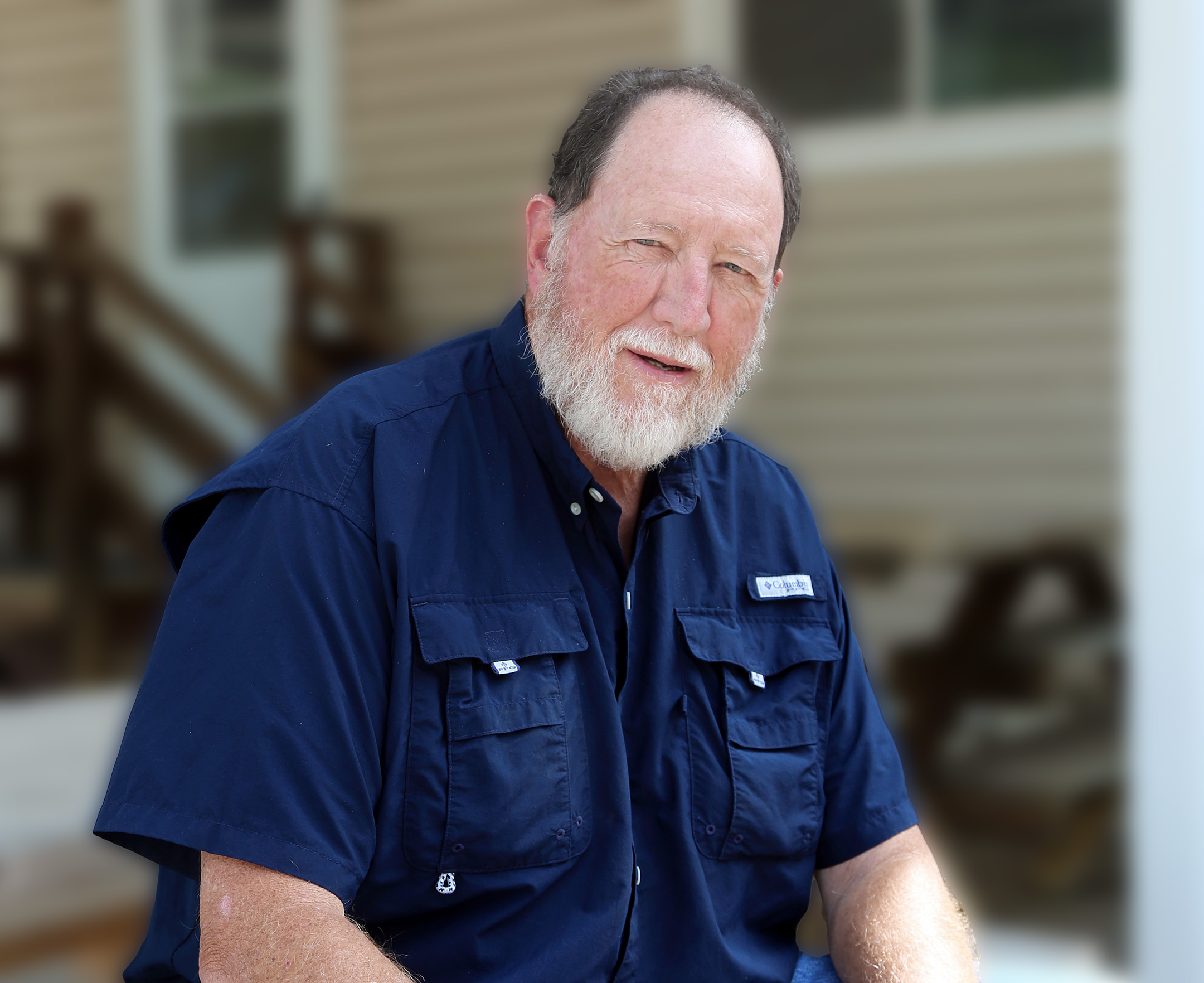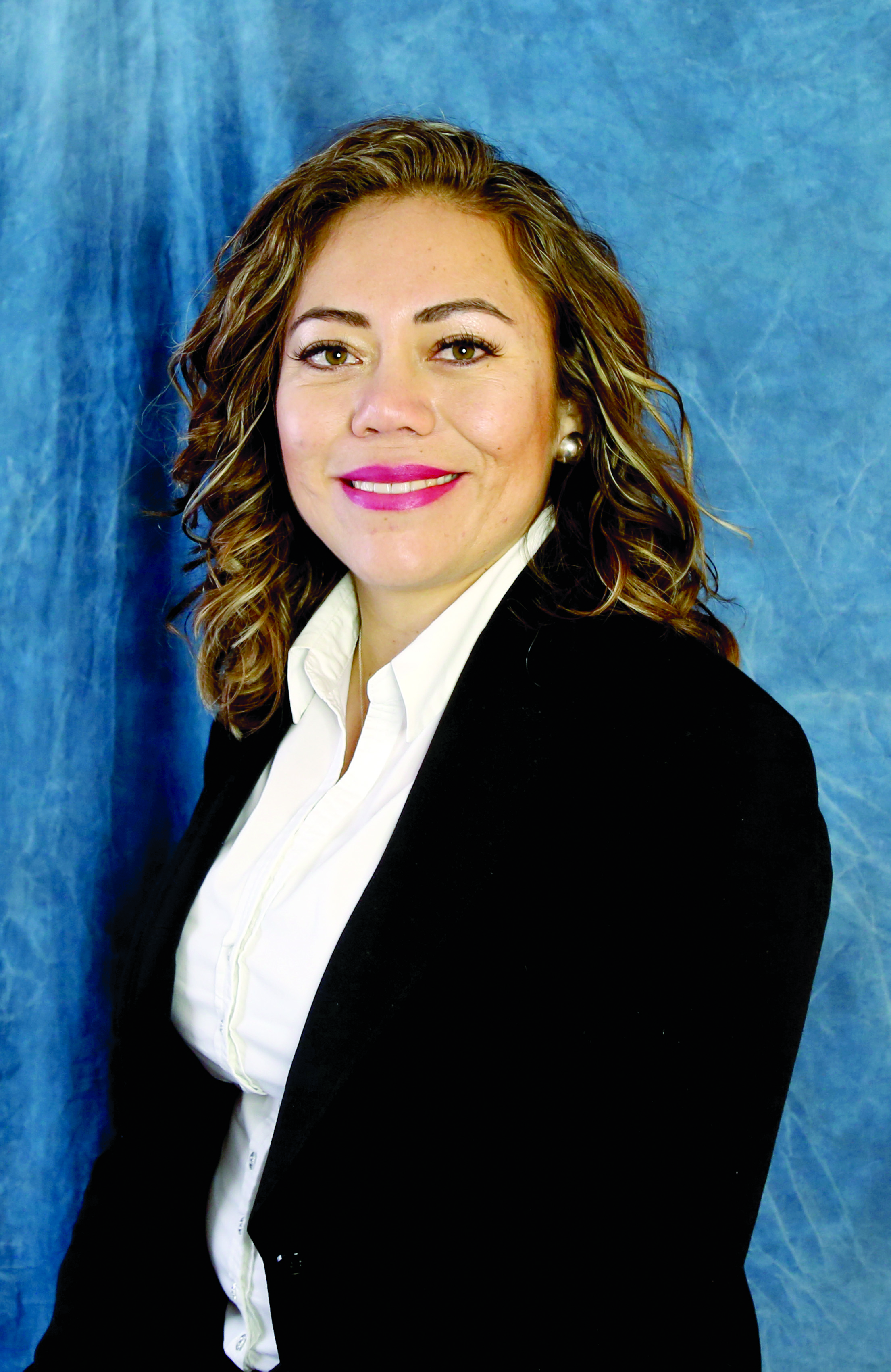
Published on October 25, 2023
Read Time: 6 Minutes
Three Things to Know
- In April 2023, Mike O’Brien was diagnosed with type 2 diabetes.
- A Google search led Mike to the Phelps Health Diabetes Self-Management Education and Support (DSMES) program.
- Thanks to the educational diabetes program, Mike’s new primary care provider and his positive attitude, the retired police officer is feeling better than ever.
Last spring, Mike O’Brien, a retired police officer and state investigator from the Licking area, began having what he thought were minor health problems.
“I was thirsty all the time,” said the 69-year-old retiree. “And I wasn't feeling quite right. I also was feeling lethargic, and it was about time for my annual physical, so I went to see my primary care physician.
“They [the staff] did blood work, and to my surprise, they told me that it appeared that I had type 2 diabetes, (which occurs when a person’s body cannot properly use the hormone called insulin). My A1C and sugar levels were high.” (The A1C test measures the average amount of sugar in your blood over the past few months.)
A diabetes diagnosis at any age can seem daunting, and unfortunately, for Mike, his care team (then at another healthcare organization) didn’t offer any answers.
“There wasn't a plan of care, and I called repeatedly,” Mike said. “Most of my phone calls went unanswered.”
At this point, Mike knew he had to become his own best advocate. Thankfully, he had a great support system.
“I was really struggling,” he remembered. “My sister, who’s an RN (registered nurse) and health insurance executive, was a great help, as was my sister-in-law, who also has type 2 diabetes. My wife did a lot of the initial research for me. And my sister's the one who suggested that I needed a diabetes education class. So, I got on the internet and the next thing you know, I was in contact with Pati Cox, [MEd, BSN, RN, a certified diabetes care and education specialist at Phelps Health.]
“I was hoping there was a program in Rolla, because that's a lot shorter trip than Springfield or West Plains. And sure enough, I found an excellent program here.”
This program that Mike refers to is the Phelps Health Diabetes Self-Management Education and Support (DSMES) program. This educational program offers the following helpful resources:
- A plan designed to help meet your diabetes needs
- Group or one-on-one class settings
- Up-to-date diabetes information
- Individualized meal planning with a dietitian
- Survival skills for the newly diagnosed
- Diabetes screenings
- Medication information
- Follow-up visits and phone calls, and more
Mike attended five diabetes education classes in total, over a 6-week period. During this time, he also worked with Pati’s coworker and fellow Certified Phelps Health Diabetes Care and Education Specialist Kim Richardson, BSN, RN.
“They were very well organized, very well educated on the subject,” Mike said of Pati and Kim. “They helped me develop a plan.
“I can't say enough good things about Pati and Kim,” he added. “They really are professionals. They're extremely knowledgeable in their delivery, their planning and the materials they handed out. In my line of work, I've been through enough training and programs, to know the good ones from the bad ones. But their [Phelps Health’s] program is really good. I'm sure glad I ended up here.”
Diet and Exercise Changes, for the Better
After finishing the program, Mike is intentional about clean eating and getting regular exercise, although he admits to some initial reluctance.
“Pati and Kim taught me a lot about what I needed to do dietary wise,” he said. “And they'll probably tell you, if you were to talk to them right now, that I was a little stubborn at first, especially when it came to my carbohydrate intake. Everything online would tell me that I couldn’t have any carbs at all. And that’s not true. You need carbohydrates to function, especially if you're getting a lot of physical exercise.
“As far as exercise, I've always enjoyed that kind of thing. I'm active outdoors. I go for a 2-mile walk every morning. I'm in the process of buying an e-bike. So, along with diet, I think exercise is an extremely big component that people often overlook when they have diabetes.”
Mike explained what his typical daily diet looks like.
“I do a lot of substitution,” he explained. “This morning, I had a hard-boiled egg, some shredded wheat with almond milk and a couple pieces of dry wheat toast. I’ll usually add some fresh blueberries on the shredded wheat to make it more tolerable. For lunch today, I had a Greek salad at a restaurant in downtown Rolla. Tonight for dinner, I may have pizza. But, it will have thin crust and vegetables on it.
“I do still eat meat, but mostly fish and chicken. The change hasn't been all that dramatic. Personally, I don't eat fast food. I haven't eaten at a fast food restaurant since April, and I really can't say I miss it. Even while on a recent vacation in the Black Hills, my highest blood sugar reading was 140. Typically, I’m in the 120s every morning, and I've never had a reading over 142.”
Eating healthy while on vacation is not an easy task, however, and the retired police officer is the first to admit it.
“On vacation, there are not many healthy options,” Mike said. “You have to allow yourself enough time to sit down and eat at a restaurant, even if it's just a salad or a sandwich. Forget the French fries. Unfortunately, I don't think a lot of people can do that. It [managing this condition] takes discipline. Simple as that.”
A Primary Change
Mike’s positive experience with Phelps Health also led to him selecting a new primary care provider, Phelps Health Internal Medicine Physician Anaid Hernandez-Sanchez, MD.

“Before I ever started the program, Pati gave me the opportunity to attend one of the free diabetes monthly support groups, where Dr. Hernandez was the speaker. I was extremely impressed with her knowledge, the way she presented herself, and her care and concern regarding this whole subject matter. Luckily, Dr. Hernandez was taking new patients.
“She prescribed a diabetic medication for me, that I take once a day. She also looked at my previous results. She answered any questions I had clearly and concisely. She was patient and didn’t try to rush me out the door. I had none of what I've experienced before. My care was excellent.”
Prove Me Wrong
With his lifestyle changes and medication, Mike is feeling like himself again.
“I've had some pretty incredible results with the program,” he said. “My A1C went from 11.2% to 7% in 94 days. Who does that? There’s like 0.05% chance of that happening, according to my sister. She couldn't even believe it. Everybody said, ‘Well you'll probably go down to 10% or 9%.’ But I knew I'd do better than that, and I did.
“I’m not saying there wasn’t a lot of doom and gloom initially. I would hear, ‘Oh, that's awful news, man.’ Or, that my life as I knew it was over. But, things got better. I encourage people: just drive by the fast food restaurants. Don't super-size stuff; use common sense.
“When I was first diagnosed, I didn't know anything about diabetes, and I hit some panic buttons. There's a whole lot of information out there regarding this subject, and not a lot of it is accurate. I thought, ‘Oh boy, if I have a gram of sugar or 12 grams of carbs, it's going to send me into some form of sugar shock.’ I know better now, but I didn't then. And I wasn't happy about the diagnosis at all. But 6 months later, in retrospect, my diagnosis may have been good news. My quality of life has improved, I’m feeling excellent and getting a lot more exercise. I am eating a lot better. Overall, I think it's added to my life expectancy, not detracted from it.
“At 69 years old, I'm one of those people who really enjoys living. I get a lot out of it,” Mike stressed. “I want to be here for many years to come.”
Be Proactive, Not Reactive
Does a diabetes diagnosis have you down? Phelps Health is here for you, with the resources to help. Talk to your primary care doctor or provider today about a referral to the Phelps Health Diabetes Self-Management Education and Support (DSMES) program.